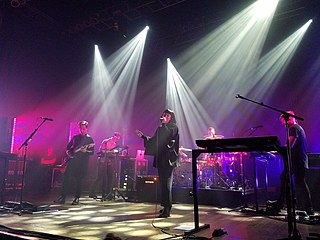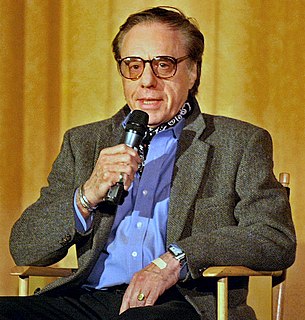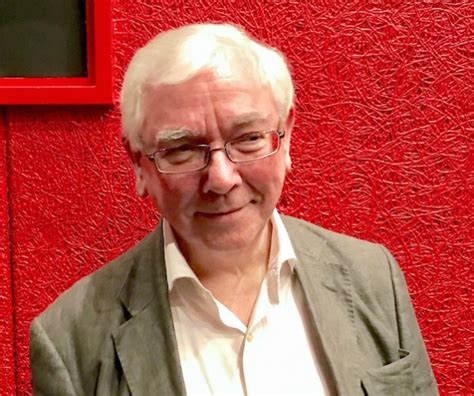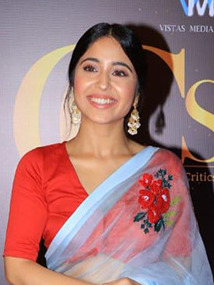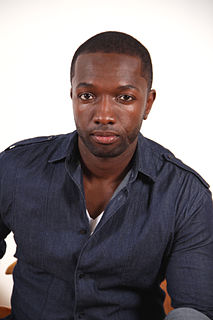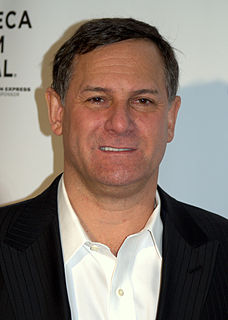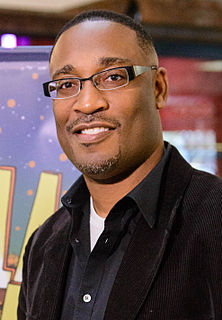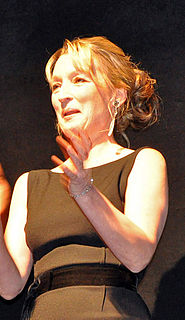A Quote by Thom Powers
I think certain filmmakers going into Sundance or other big festivals should consider screening more for press and tastemakers before the festival. The traditional wisdom has always been the opposite: to not screen for anyone prior, let your film be seen by an audience, and generate the buzz from there.
Related Quotes
There's a lot of hyperventilation that takes off before the [Sundance Film] Festival, a lot of buzz. Every year we hear, this is going to be the new this, this is going to be the new that, and it never is. The buzz just doesn't mean anything. I'm glad it doesn't. Because I think the festival shows that what succeeds is content.
What's great about the Sundance Film Festival is the festival takes over that town as it's intended to do. But, it's very focused on a lot of other filmmakers and distributors so it almost feels like, while they're a lot of so-called civilians there, it's an opportunity that you have to see, to show your stuff to the other folks, your peers really, and to get that reaction.
For some reason at Sundance, more than other festivals that I'm aware of, you find filmmakers rushing to screen works that sometimes aren't completed. In my seven years of programming at Toronto, I'm not aware of any documentaries that went back for serious editing after their premiere - other than those presented as works-in-progress. But at Sundance every year there seems to be a few films that push the deadline so hard that they get taken back to the edit room afterwards.
I think one of the reasons younger people don't like older films, films made say before the '60s, is that they've never seen them on a big screen, ever. If you don't see a film on a big screen, you haven't really seen it. You've seen a version of it, but you haven't seen it. That's my feeling, but I'm old-fashioned.
I never think anyone will like what I do. I'm always terrified the critics won't like my film and of course you always count the people who leave at the screening. They are on your death list. The people who stayed, stayed because they wanted to. You see it in a different way with an audience. And when the screening Is over it's such a relief. It's such a struggle.
I think that film festivals, we're very often given to understand, are about filmmakers and about films and about the industry of filmmaking. I don't believe that they are, I believe that film festivals are about film audiences, and about giving an audience the encouragement to feel really empowered and to stretch the elastic of their taste.
If you get to bring a little movie on the festival circuit, it's a nice experience because you get to see it with an audience. People who go to festivals to watch films are usually a little more eager to enjoy them. It's exciting because it's like you're going to the film's opening night at every festival.
It took Cianfrance 12 years to bring 'Blue Valentine' to the screen after he first conceived it. He found Gosling and Williams early on, and they hung in there with him. The film finally premiered at Sundance 2010, then screened at Cannes and the Toronto Film Festival before landing in theaters in December.
We played a show the other week at this festival and it was an audience that I'd never normally play in front of. That's one the greatest things about festivals: you don't always get your audience, you get people who just pop in out of curiosity. The reaction was amazing; there were people dancing, which we've never had, I guess because the message is pretty powerful and the performance is a lot more visceral than it has been previously. The audiences seem to be reacting to that really well and it's a wonderful thing, because at a performance you really bounce off your audience.
I quite like that people tend not to know my name. I remember being at the Cannes film festival for 'All or Nothing.' I looked very different in the film - I had a little greasy bob and no makeup. I went to a dinner after the screening, and everyone completely ignored me. I got a real buzz out of that.
